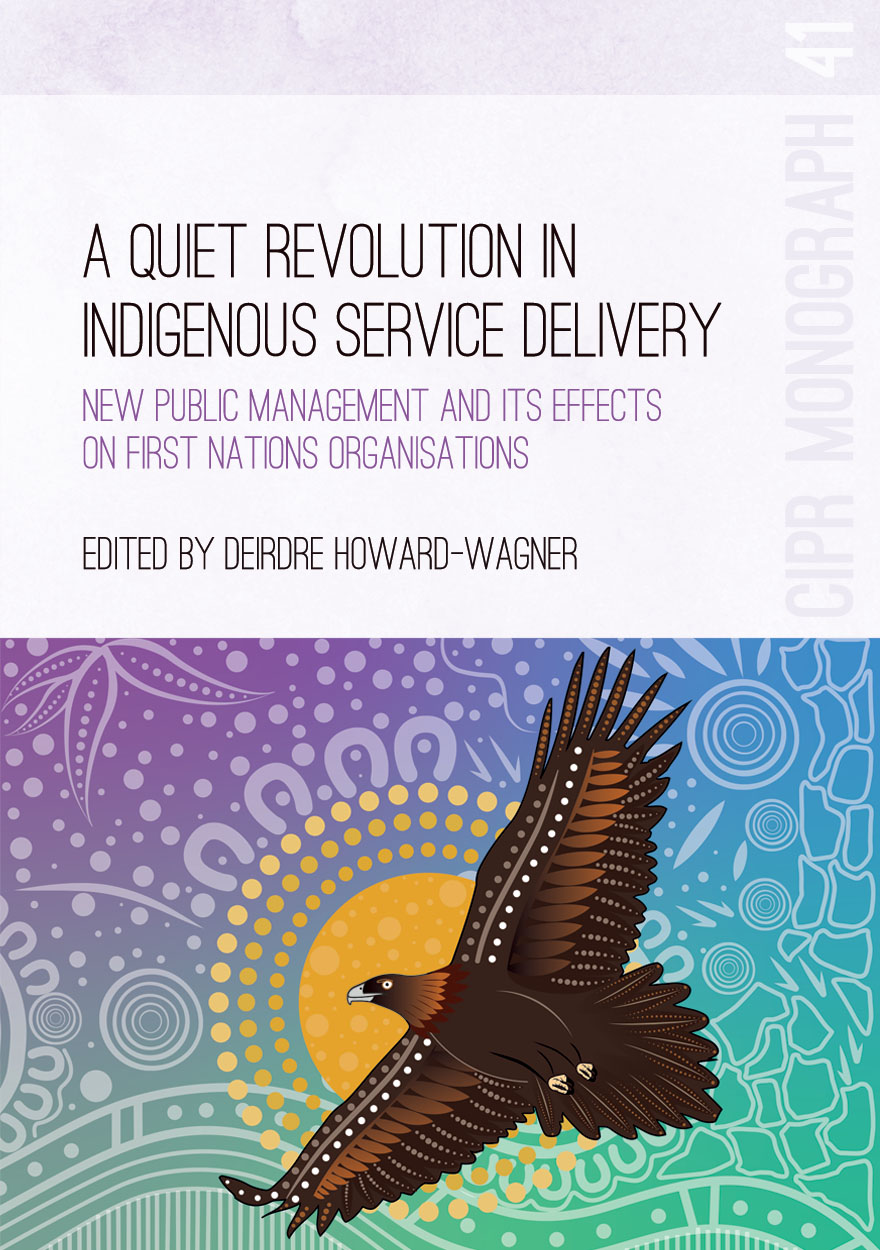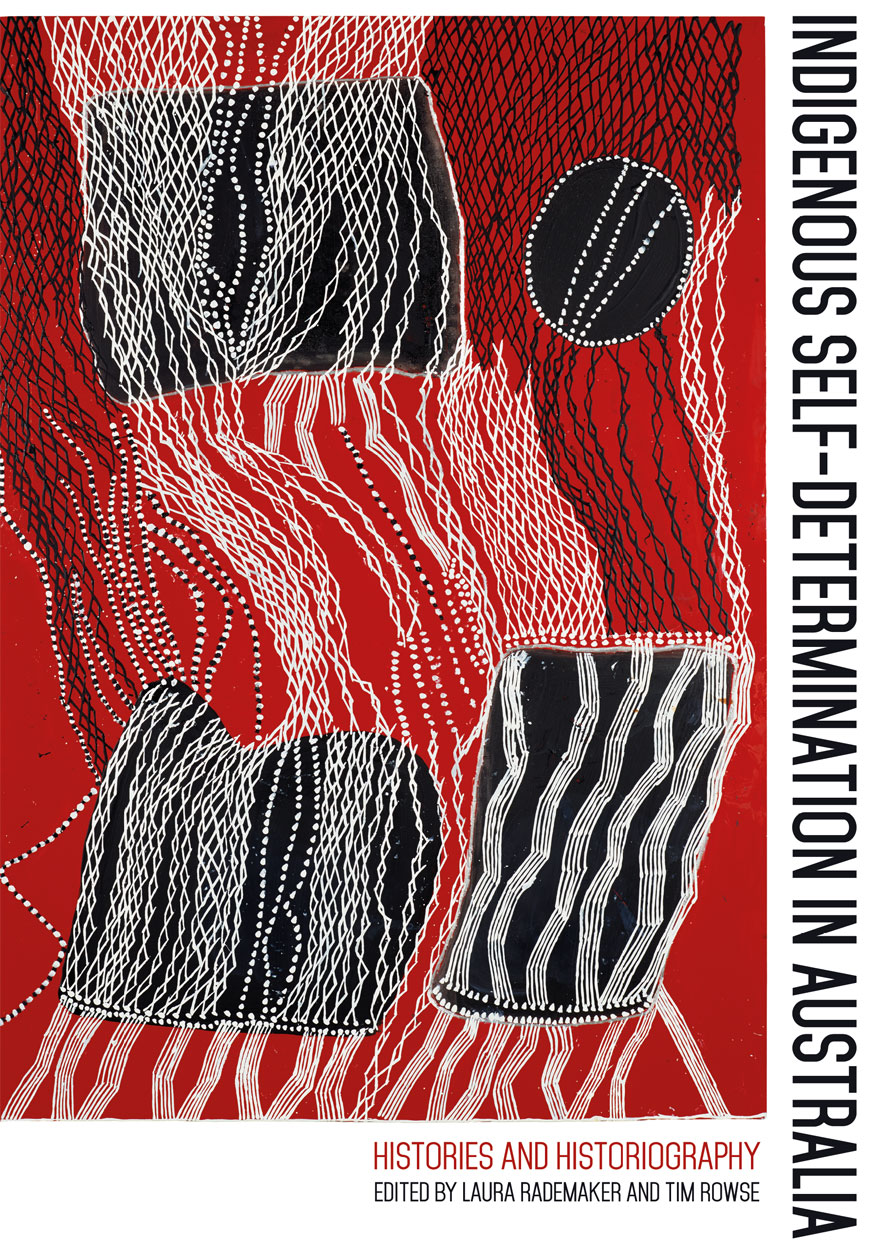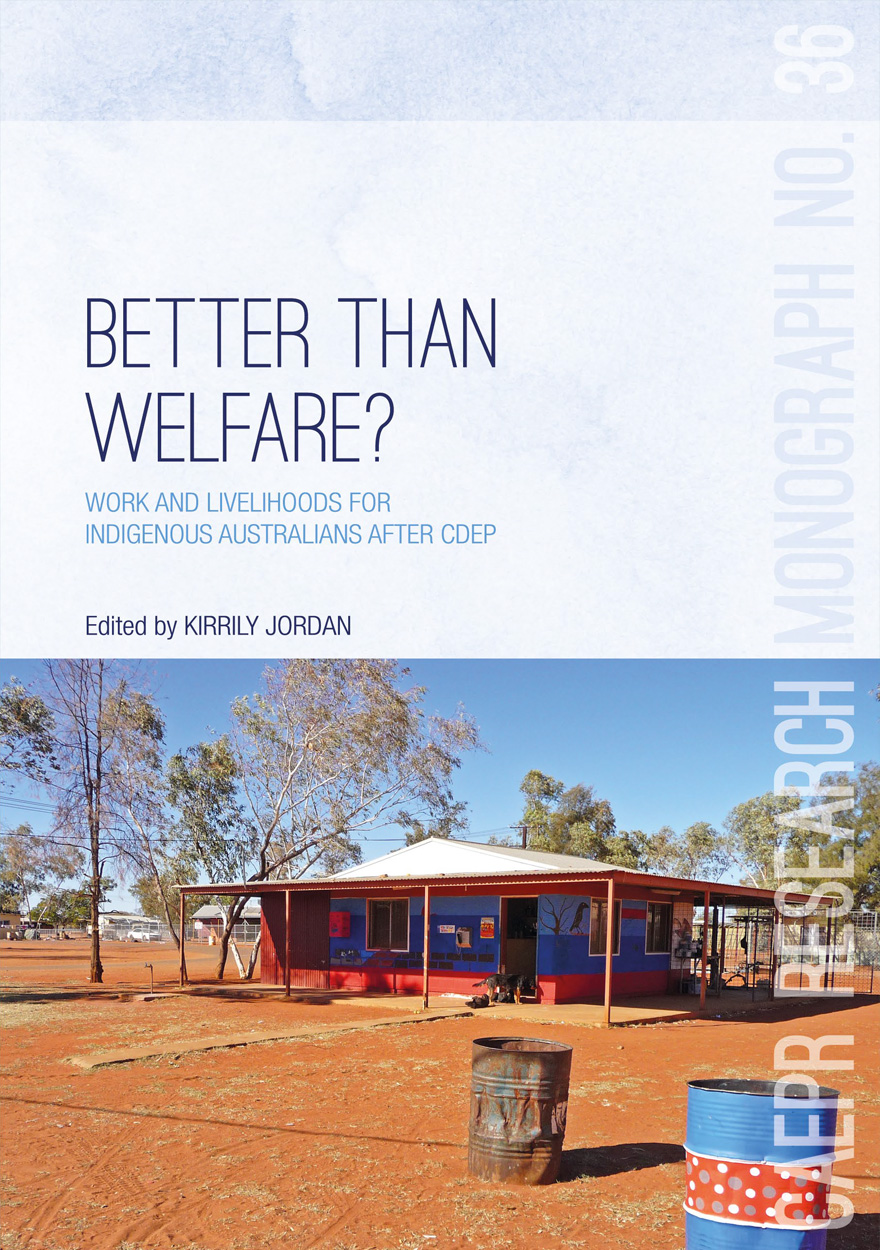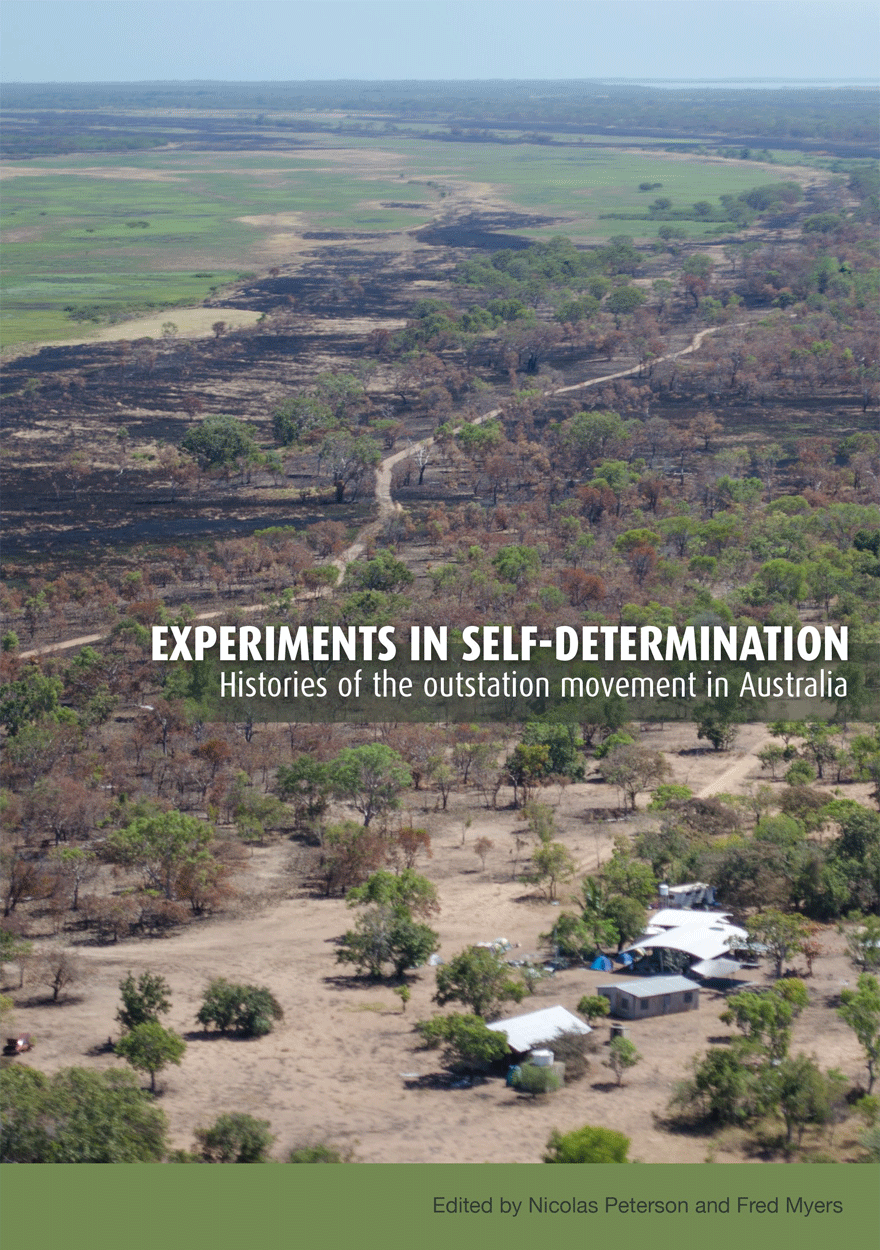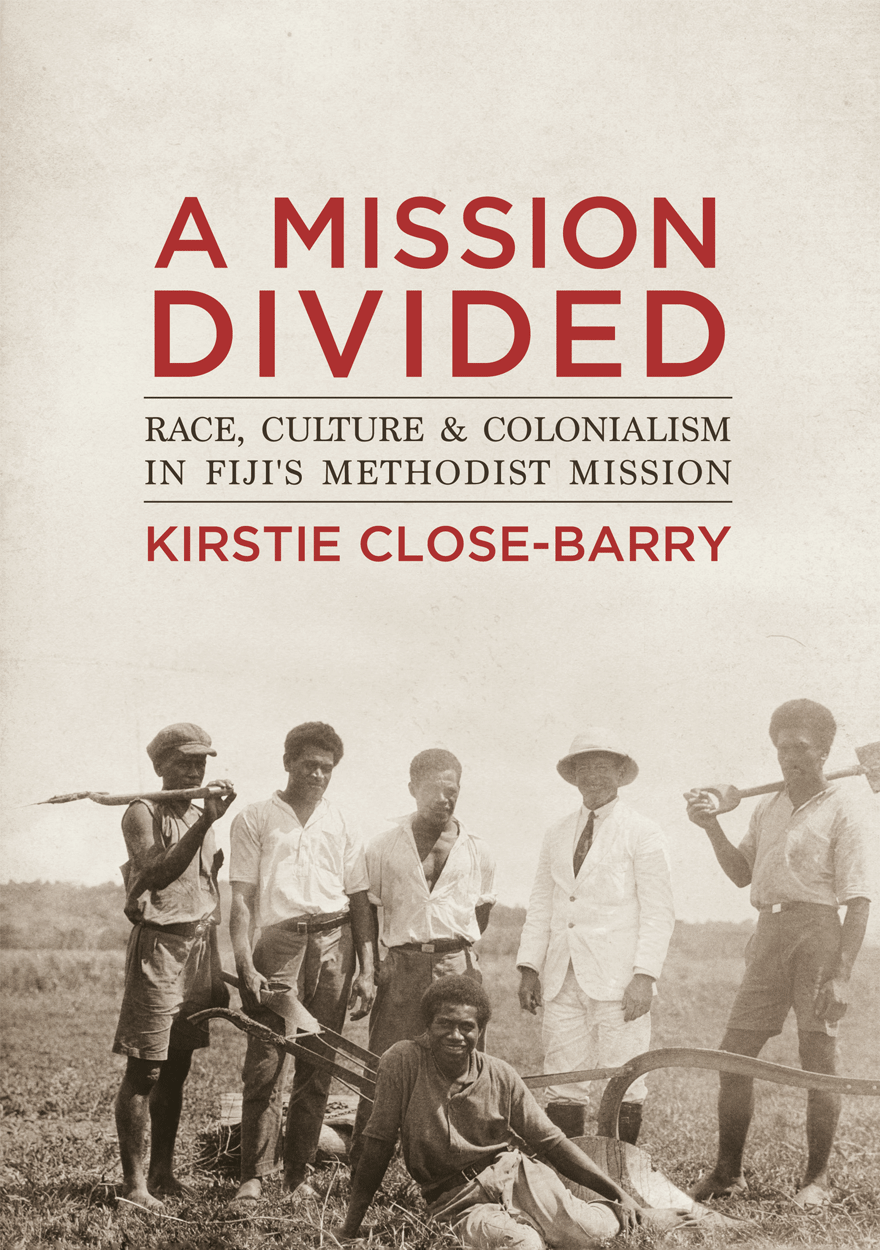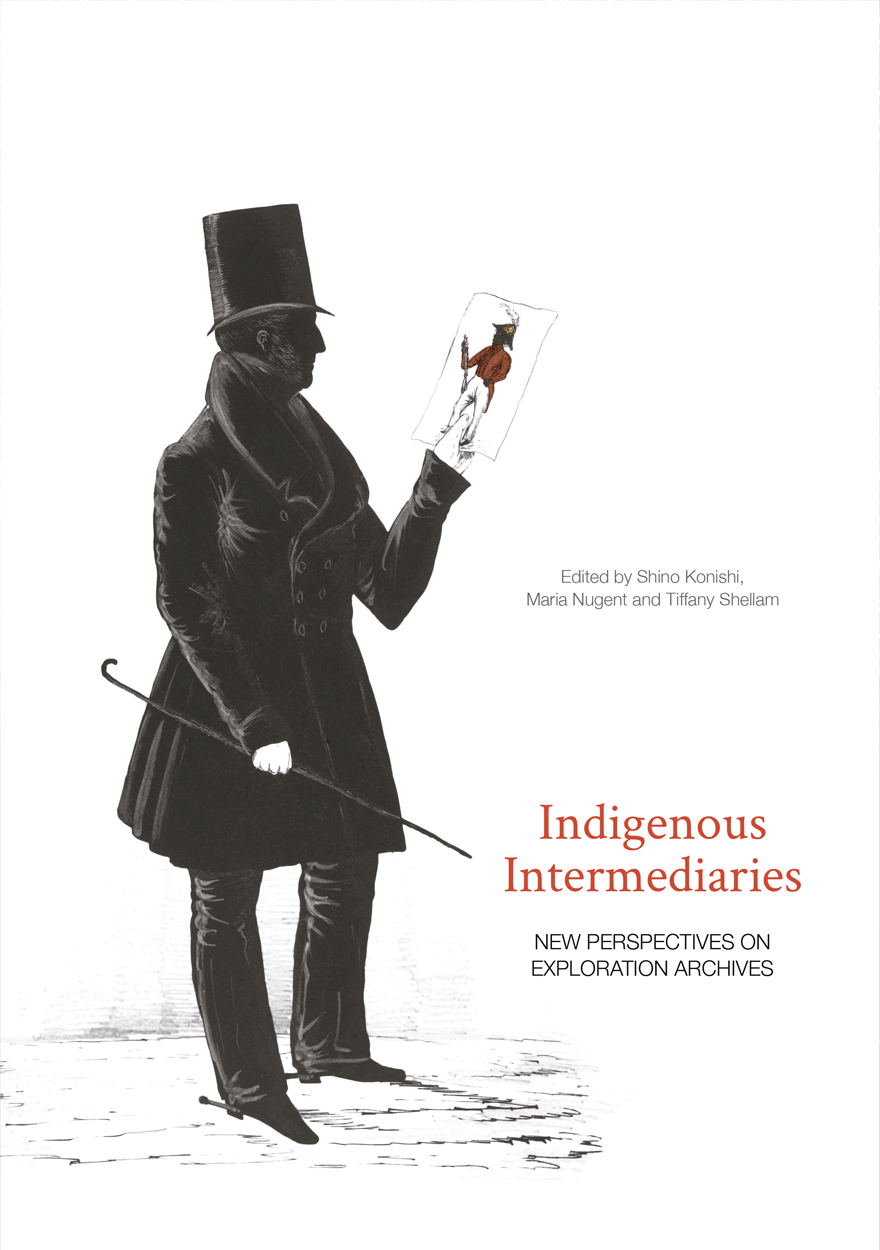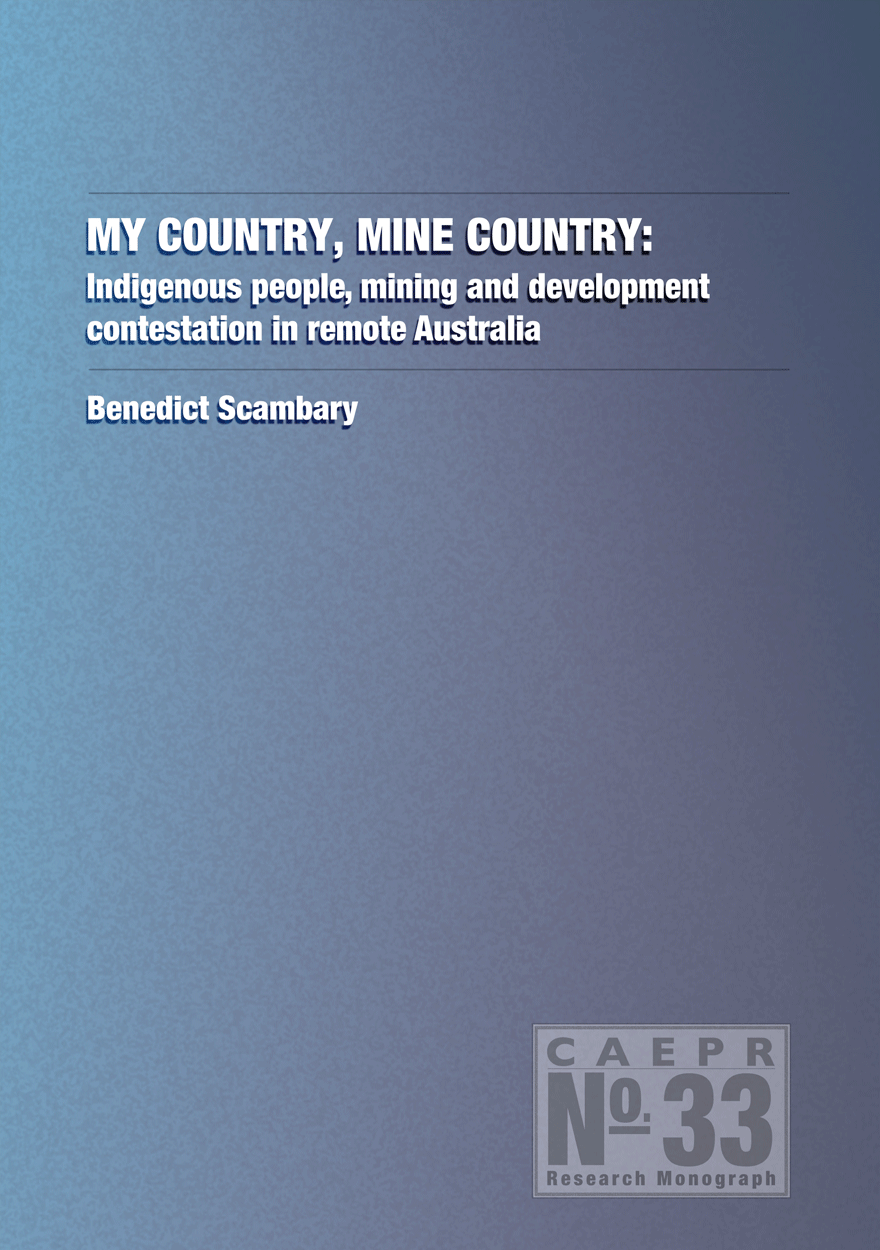
My Country, Mine Country
Indigenous people, mining and development contestation in remote Australia
Authored by: Benedict ScambaryPlease read Conditions of use before downloading the formats.
Description
Agreements between the mining industry and Indigenous people are not creating sustainable economic futures for Indigenous people, and this demands consideration of alternate forms of economic engagement in order to realise such ‘futures’. Within the context of three mining agreements in north Australia this study considers Indigenous livelihood aspirations and their intersection with sustainable development agendas. The three agreements are the Yandi Land Use Agreement in the Central Pilbara in Western Australia, the Ranger Uranium Mine Agreement in the Kakadu region of the Northern Territory, and the Gulf Communities Agreement in relation to the Century zinc mine in the southern Gulf of Carpentaria in Queensland.
Recent shifts in Indigenous policy in Australia seek to de-emphasise the cultural behaviour or imperatives of Indigenous people in undertaking economic action, in favour of a mainstream conventional approach to economic development. Concepts of ‘value’, ‘identity’, and ‘community’ are key elements in the tension between culture and economics that exists in the Indigenous policy environment. Whilst significant diversity exists within the Indigenous polity, Indigenous aspirations for the future typically emphasise a desire for alternate forms of economic engagement that combine elements of the mainstream economy with the maintenance and enhancement of Indigenous institutions and ‘livelihood’ activities. Such aspirations reflect ongoing and dynamic responses to modernity, and typically concern the interrelated issues of access to and management of ‘country’, the maintenance of Indigenous institutions associated with family and kin, access to resources such as cash and vehicles, the establishment of robust representative organisations, and are integrally linked to the derivation of both symbolic and economic value of livelihood pursuits.
Details
- ISBN (print):
- 9781922144720
- ISBN (online):
- 9781922144737
- Publication date:
- May 2013
- Note:
- CAEPR Monograph No. 33
- Imprint:
- ANU Press
- DOI:
- http://doi.org/10.22459/CAEPR33.05.2013
- Series:
- Centre for Indigenous Policy Research (CIPR)
- Co-publisher:
- Centre for Indigenous Policy Research (CIPR)
- Disciplines:
- Social Sciences: Indigenous Studies, Social Policy & Administration
- Countries:
- Australia
PDF Chapters
Please read Conditions of use before downloading the formats.
- Preliminary pages (PDF, 196KB)
- Preface (PDF, 82KB)
- List of tables (PDF, 40KB)
- List of figures (PDF, 73KB)
- Abbreviations and acronyms (PDF, 103KB)
- Indigenous policy, the mining industry, and Indigenous livelihoods: An introduction (PDF, 284KB)
- ‘Government been mustering me…’: Historical background (PDF, 689KB)
- ‘They still mustering me’: The three agreements (PDF, 1.4MB)
- The Ranger uranium mine: When opportunity becomes a cost (PDF, 536KB)
- ‘We’ve got the richest trusts but the poorest people’: The Yandi Land Use Agreement (PDF, 2.4MB)
- ‘Achieving white dreams whilst being black’: Agency and ambivalence at Century mine (PDF, 2.7MB)
- Conclusion (PDF, 648KB)
Other publications that may interest you




